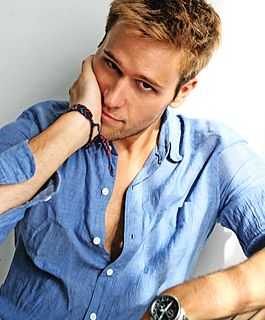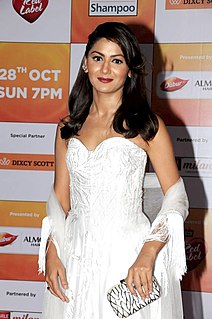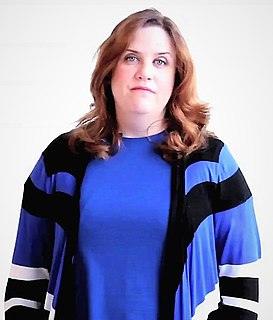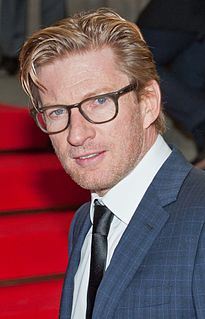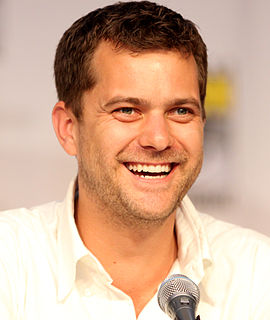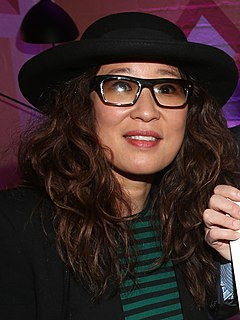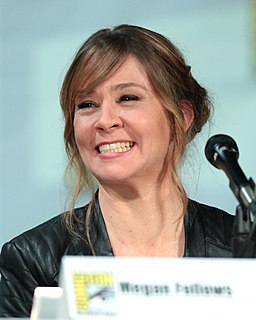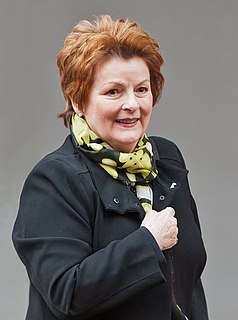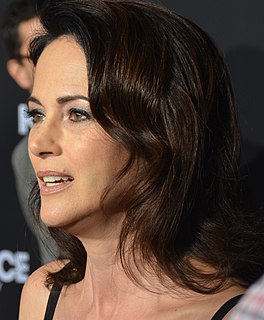A Quote by Dan Amboyer
I feel like doing theatre helps my on-camera work and my on-camera work kind of helps my theatre work. So I love to be able to bounce through the mediums.
Related Quotes
It helps so much being on location. It's like the difference between performing for the rectangle of the camera versus a world being created and then the camera finds things within that. There's a huge difference in that, because what it takes away is performance. You don't feel like performing. You're just kind of doing it. You're existing.
Before I worked on film, I studied the theatre, and I expected that I would spend my whole career in theatre. Gradually, I started writing for the cinema. However, I feel grateful towards the theatre. I love working with spectators, and I love this experience with the theatre, and I like theatre culture.
An actor and a [theatre] director are both what I would call interpreters of work. We interpret a work, just as a musician will interpret a composer's work, we interpret the work of a playwright. We are servants of the theatre and I've always believed that. We must serve what has been written, that's what we're there for.
All drama teachers are very effusive, very emotionally open, very big, and gesticulate a lot, and are very physical. Those people don't work in banks and they don't work for pharmaceutical companies. They teach drama, or they may be theatre directors. That's why I love people who are openly gay in theatre, because they have license to do what they like, and there's a kind of artistic liberal tolerance thing that goes on.
Being an actor in TV or movies is different. A film or TV actor, if put in theatre, won't know certain dimensions, while a theatre actor won't know certain things when he comes before the camera. So I think a film actor can learn emoting from this theatre counterpart, while the theatre actor can learn about camera techniques from the film actor.
